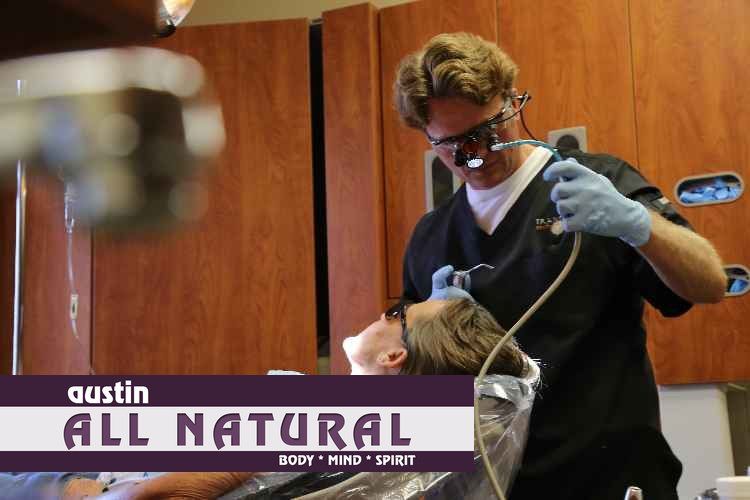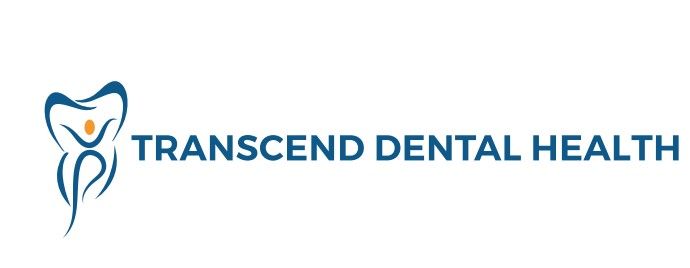Background of Holistic Dentistry
TDH Office • April 29, 2020
Before we can get into depth on the differences, I think it’s important to look at what the word “holistic” really means. The word holistic is not a reflection of the practices and techniques used by the dentist, but of an overall philosophy of the role of oral care. The word itself comes from “holistic,” meaning “the whole.”
All dentists, to some extent, see the importance of the mouth in the overall health of an individual. For instance, studies have concluded a link between gum disease and heart health, diabetes, and pregnancies. However, many dentists are not trained in the long-term effects of what dentistry does (or could do) to the whole body; hence, the reason the field of holistic dentistry was formed.
Truly holistic dentists are dentists who perform dentistry that is good for the body as well as the teeth and gums.
Some dentists call themselves holistic (for marketing or differentiation reasons), but the only thing “holistic” about them is that they don’t place mercury fillings. On the flip side, some conventional dentists perform complex, comprehensive dentistry that involves more than the teeth and gums… it involves the face, head, neck…. the whole body… hence the “holistic” nature of what they do, yet they don’t call themselves holistic.
To say that a dentist is one or the other is not always accurate.
At Transcend Dental, we emphasize a more natural or holistic approach to dentistry. But what does this mean? What are the nuts and bolts of the differences between truly holistic dental practices and more traditional dental practices? What are the topical differences?
The Issues
When most people think of holistic and natural dentistry, they think of mercury fillings. However, there are many more issues that divide most traditional and holistic dental practices. (Please keep in mind that many “traditional” dentists practice under the philosophies of the “holistic” side and vice-versa. This is why labels don’t work; but for simplicity’s sake, I’ve divided the issues below:)
Mercury Fillings
Traditional dentistry espouses the longevity of mercury amalgam fillings and the fact that insurance will typically cover the cost of placement. They will also point to the ADA and FDA’s statements that the mercury in the fillings is stabilized and safe, leaking only tiny amounts of mercury. They are also typically easier for the dentist to place than composite fillings.
Holistic dentists understand that mercury is a toxin and even small amounts are too great a risk to the body and your overall health. While amalgam fillings last longer than composites, they put extreme pressure on the tooth and often cause weakening of the tooth — meaning that the filling may outlast the tooth it was placed in. Truly holistic dentists do not place mercury and meet or exceed safety guidelines for removal.
Root Canals (or Root Canal Therapy)
Most traditional dentists will recommend root canal therapy as a means to save a tooth that has suffered severe decay and has already or will soon die completely. They argue that the procedure has been done for centuries and has been proven safe and effective as a means to keep a natural tooth.
Holistic dentists point to the research that says root canal therapy cannot be effective unless the canal is 100% sterilized and cleaned of bacteria, and the repeated studies have shown that it is 100% impossible to sterilize the canal completely. They also argue that the chemicals used for sterilization are toxic (formaldehyde is one such chemical) and that the bacteria left in the canal can lead to adverse health effects down the road, including breast cancer, heart disease, and more. Holistic dentists typically do not recommend root canals.
Fluoride
Traditional dentists are in favor of using fluoride in both a topical and ingested form. They argue in favor of fluoridating water supplies and recommend fluoride drops for infants. They point to research showing a decrease in cavity rates in areas where the water is fluoridated.
Holistic dentists typically argue against any form of ingested fluoride, arguing that research has linked ingested fluoride to cancer and various bone problems while other research has shown no benefit to the teeth from ingested fluoride. They also argue that too much fluoride can cause fluorosis and that fluoridating public water supplies is forced medication of the general public. Some holistic dentists are for topical fluoride, and some are against it.
Biocompatibility of Dental Materials
Most traditional dentists don’t believe in biocompatibility testing and will not test you to see if the materials they use will cause a reaction when placed in your body. Most traditional dentists do not explain the differences between different composite filling materials, nor do they give you a choice on which materials will be used for your cavity.
Holistic dentists believe that what goes into your mouth can affect your entire body, and many have on-site equipment to test for biocompatibility of the materials they use. Most holistic dentists use a variety of different composite filling materials as well as different materials for other procedures (bridges, crowns, etc.).
Summarizing the Differences
The above is a partial, topical list of some of the philosophical differences between traditional and holistic dentists. The fact remains that many traditional dentists will fall onto the side of holistic dentists in the above instances, and vice-versa. The differences between the two aren’t necessarily topical in nature (although topical differences are easy for us to understand and easy to pinpoint, so they make a tidy way to differentiate).
The true differences between holistic dentistry and traditional dentistry are philosophical: traditional dentistry is the practice of treating the symptoms in the teeth and gums and attempting to prevent such problems from reoccurring. Holistic dentistry is the practice of treating the underlying problems that cause symptoms in the mouth, attempting to eliminate those problems (and, hence, preventing the symptoms from reoccurring) while ensuring the work done in the mouth does not have an adverse effect on your overall health.
So How Do You Know Which to Choose?
So, if the differences are philosophical, how do you find a dentist that’s right for you — a dentist whose philosophies match your own? Ask good questions! Ask questions such as “How do you determine which type of filling is right for me?” and “If I get cavities in one area of my mouth, can you tell me why?”
If you want a truly holistic dentist, their answers will revolve around your entire body, and he/she will discuss the role your oral health plays in your overall health. If you want a traditional dentist, look for answers that talk more about the topical symptoms, and ask questions about cost/benefit and insurance coverage.
You never have to trust your dentist implicitly. While most dentists are good people who want to look out for your best interests, the fact remains that no two people have the same “best interests,” and there are alternatives out there. It’s more than just your right to ask questions of your medical and dental advisers; it’s your duty. It is, after all, YOUR health we’re talking about.





